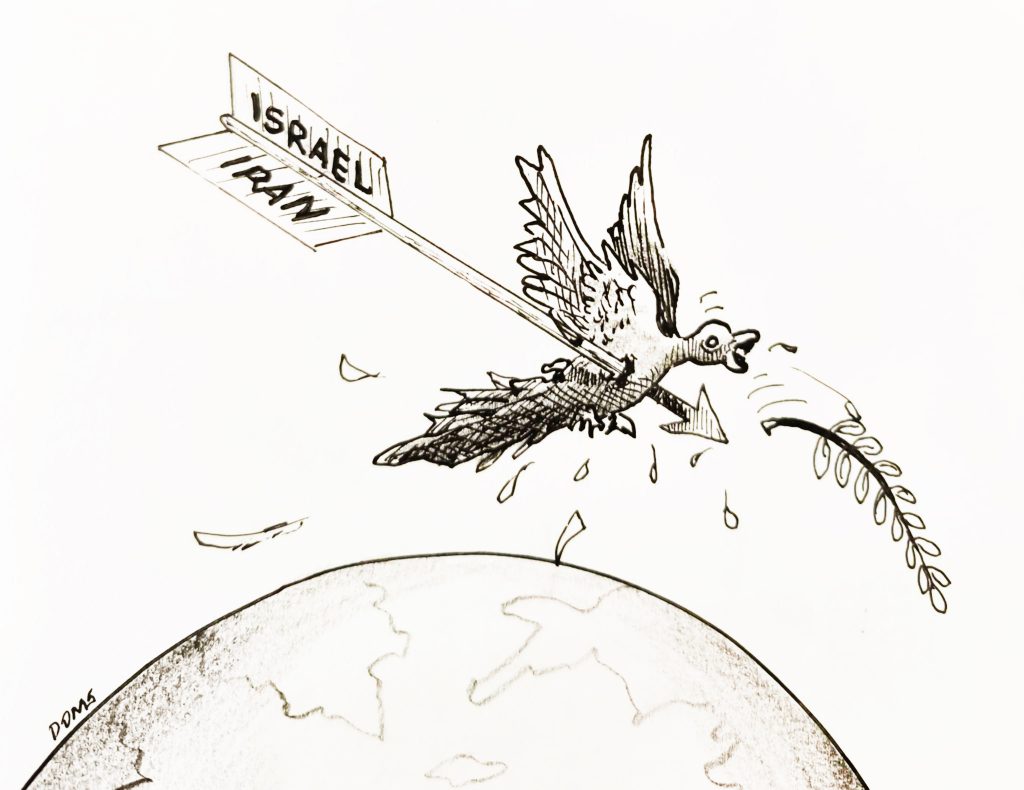As wars between global powers intensify, the Philippines must resist the temptation or pressure to take sides. Aligning militarily or politically with warring giants when the country lacks defense capabilities is nothing short of a national suicide mission.
The Philippines is neither armed nor prepared to be dragged into wars not of its own making. Its military hardware is outdated, its defense budget minuscule compared to the trillions spent by global powers, and its geographical vulnerability undeniable. Entering a conflict without adequate means is an invitation to national ruin. The horrors of modern warfare—missile strikes, cyberattacks, economic sieges—can reduce an ill-prepared nation to chaos overnight. This country must avoid becoming collateral damage in battles it cannot survive, much less win.
History has repeatedly shown the folly of small nations picking sides in the ideological and military struggles of empires. Such alliances rarely protect them. Instead, they become pawns—sacrificed easily and replaced quickly. The Philippines must learn from countries that have pursued diplomatic neutrality to preserve peace within their borders. National security is not strengthened by servility to foreign ambitions; it is maintained by deliberate prudence and the courage to say no to involvement.
While alliances and treaties have their place in international relations, blind loyalty to any superpower erodes sovereignty and invites retaliation. The Philippines must prioritize its people’s safety above foreign applause or aid. Geopolitical neutrality does not mean weakness—it is a strategic posture that shields the country from unnecessary entanglements, allowing it to focus on internal development and stability.
It is time for leaders to craft and enforce a foreign policy rooted in realism, non-alignment, and national interest. The state must act not as a follower of empires, but as a defender of its people’s peace and future. Let diplomacy, not cannon fire, define the country’s role on the world stage.




